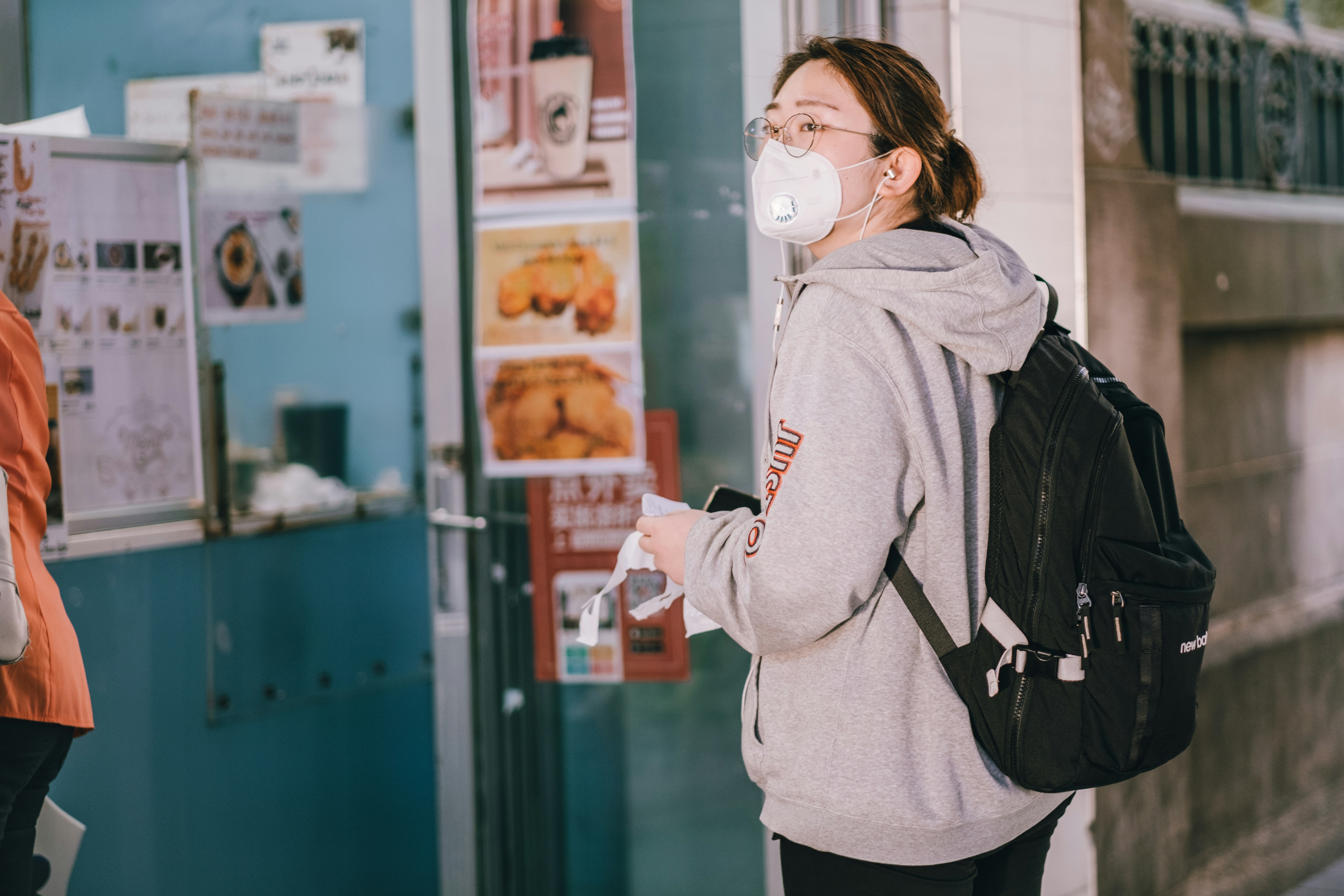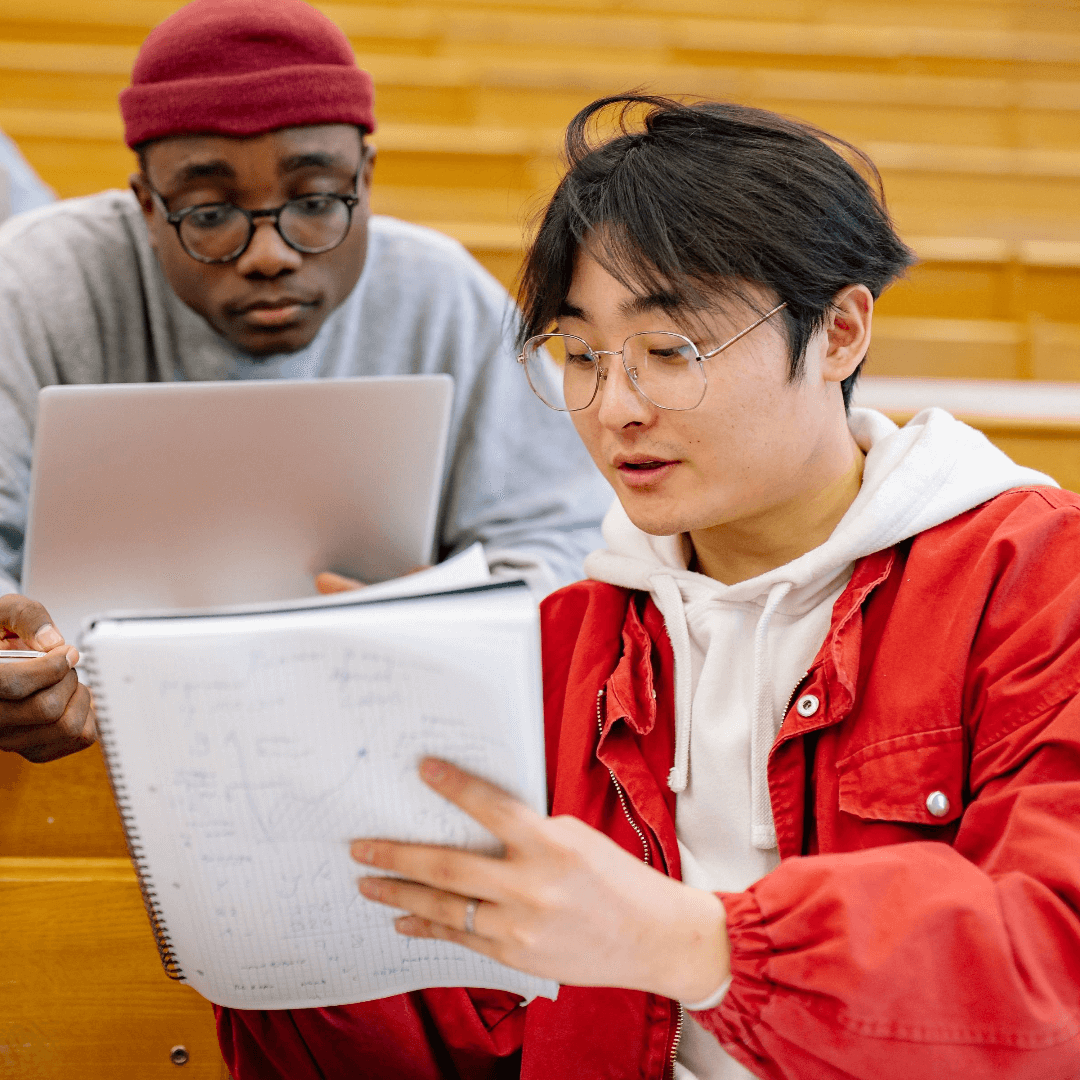Videos [7]
Teaching Resources from Education Summit ’23
Download slide decks, ebooks, and other speaker resources from Education Summit ’23.
Video Assessments 101: Creating Video Projects for Your Students
Assistant Professor Cassie Whitt, PhD, shows educators how to make classroom assessments fun and creative with student video projects.
Ungrading and Self-Assessment: Practical Ways to Empower Students
Jen Newton discusses how empowering students through ungrading and self-assessment can lead to a more meaningful and independent learning experience.
A Teacher’s Guide to Critical Reflection
Dr. Brian Steinberg guides teachers on critical reflection, where they examine their own teaching practices to identify strengths and weaknesses.
Co-Creating the Classroom Experience with Your Students
Dr. Michael London reflects on his experience developing the “co-created classroom” concept and emphasizes the importance of creating ownership through discussions.
What Do I Do with THIS? Revamping Inherited Teaching Materials
Ben Wiggins’ session took place during Course Hero’s 2020 virtual Education Summit as a part of the Professional Development and Well-Being track.
The First Week of Class: Building a Virtual Learning Community
This session took place during Course Hero’s 2020 virtual Education Summit, from July 29-31, as a part of the Student-Centered Teaching track.
Articles [34]
How to Keep Classroom Discussions Productive this Election Season
Explore ways to address unplanned conversations on hot issues, and learn how to facilitate productive classroom discussions.
How to Make a Syllabus that Keeps Students Curious [Free Template]
Learn strategies to transform your syllabus into an engaging document that students will actually read.
How to Help Students Overcome Pandemic Learning Loss
Explore the scope of pandemic learning loss and learn practical strategies you can use to help your students overcome these obstacles.
Making the Most of Teacher Professional Development
Explore strategies for choosing teacher professional development that feels worthwhile for you and your students.
8 Mistakes That Novice Instructors Make—and How to Avoid Them
With the experience of nearly two decades and 9,000-plus students, biologist Dr. Kenneth Filchak shares insights on syllabi, exams, grading, and more.
5 Tips for Teaching Large Classes
This article explores ways to navigate large classes, including ways to improve student engagement and keep students’ needs front of mind.
How to Design a Course Curriculum: 5 Questions to Ask
In this article, we offer five crucial questions to ask during course redesign, as well as GenAI tips to help you through the process.
A Teacher’s Guide to Humanized Syllabus Design
Psychology professor Dr. Mary McNaughton-Cassill explains the REACH method for creating a human-centered syllabus.
Help Non-Traditional Students Succeed with Universal Design for Learning
This professor’s approach combines her knowledge of special education and business in a way that meets a broad range of student needs.
Design Flexible Pathways to Increase Opportunity and Access for All Students
Engineering professor Adan Vela, PhD, shares his passion—and advice—for providing access to college students facing multiple challenges.
Rituals to Start and End Class—and Unlock Learning
Theatre professor Katie Dawson, MFA, has found ways that students can use sticky notes, simple props, and their own thumbs to connect more deeply with course content.
A Personalized Research Project for Community College Students
Joseph Lin created an honors biology project that has students investigate their interests while gaining real-world research skills.
Adapt Any Course—Fast!—for Multiple Schools
Mathematician Stephen Andrus, Jr., MS, shares his experience with adjusting instruction for different levels—and different schools.
Make Statistics Less Scary for All Science Students: A 3-Point Plan
To ease implicit bias, oceanographer Drew Talley, PhD, tackles the mindset behind it—and helps underrepresented students succeed.
5 Lessons I Learned from Flipping My Genetics Class
To help students overcome the “but it made sense in class” conundrum, Judith Leatherman, PhD, flipped her approach—and started producing lessons on video.
Evolving as a Teacher: 4 Tips for Going from Good to Great
Dr. Lawrence C. Scharmann, an expert in evolution education, shares how to connect with students—and connect them with the material.
Teaching Science to Nonmajors? Rethink the Goals and Assessments
Role-play. Personal essays. Infographics. These make up half of the grade in Dr. Katelyn Butler’s biology class. The goal? To create savvy consumers.
6 Secrets for Post-Exam Reviews in a Stadium-Size Course
After students turned against him in a post-exam review, biology instructor Dr. Michael Moore experimented with these new approaches to improve results.
Bringing Mythology to Life: A Step-By-Step Guide for Creating a Modern Media Project
When students felt disconnected from the conventional myths of the Greeks and Romans, Jackie Williams, MFA, created a new, entirely modern approach.
A Love of Virtual Labs: One Biology Professor’s Thoughts
After experimenting with online labs, biology professor Dr. Yavuz Cakir has found many benefits that may outweigh real-world work.
Myth Busters: Teach Critical Thinking by Debunking Pseudoscience
Biology professor Dr. James Wilson makes examples of ghosts, Bigfoot, mermaids, and local legends to encourage students to think more like scientists.
8 Ways to Help Freshmen Outsmart the “Forgetting Curve”
Holly Greiner-Hallman, MS, a special lecturer in biology, structures her courses to help freshmen retain as much classroom learning as possible.
6 Classroom Tweaks That Move Beyond Memorization
Brad Richardson, MBA, adjusted his lectures, class discussions, and other classroom elements to teach students biology concepts—and better ways to learn them.
6 Exercises to Help Students Tackle a Question with No Clear Answer
Dr. Amy Worthington helps biology students synthesize baseline knowledge and new information so they can tackle any problem that comes their way.
Service Learning in Business Courses: 9 Project Ideas
Richard Kido, MBA, provides service learning project ideas that he uses as part of his school’s accounting program.
How to Create an OER Textbook: A Step-by-Step Guide
Dr. Michelle Kruse-Crocker turned to open educational resources to swap a problematic textbook for a free, course-specific text. Here is what she learned.
6 Tips for Teaching Students About Plagiarism
Biologist Dr. Emily Holt observed confusion about exactly what plagiarism is. So she created simple tips and an assignment to guide her college students.
5 Ways to Personalize Learning to Each Student
Dr. Brooke Miller helps students internalize and absorb concepts by connecting them to their lived experiences with journaling, media, and more.
5 Tips to Spice Up Your Class Syllabus
Course Hero educator partners show how they move the class syllabus from “read-only” (or not-read-at-all) to a mental playground—and helpful resource.
7 Tips for Flipping a Stadium-Size Classroom
Nursing professor Casey Norris learned a lot by flipping a pathophysiology course of 125 students. Here is how she made the format work on a large scale.
A 4-Step Guide to Teaching Statistics to Science Majors
A love of Texas Hold ’Em helped genetics professor Dr. William Gilliland find ways to help science students understand, value, and apply statistics tests.
Why (and How) to Gamify Any Course
Public health professor Dr. Denise Rizzolo shares basics on 2 engaging games—plus 7 tips for other educators who are ready to play game-show host.
How to Start a New Academic Department: A 7-Step Plan
This professor dreamed of building a new department of web engineering. Here’s how he did it, what he learned along the way, and why he would do it again.
5 Practical Tips to Manage Teaching Assistants
Are you a good mentor to your TAs? Here, experienced professors share practical tips for fostering collaboration during meetings, setting goals, and more.
Ebooks / Printables [9]
The Ethical Learner: GenAI Checklist [Free Printable]
This essential checklist helps teachers educate their students on using GenAI conscientiously for homework, research, and writing.
Teaching Resources from Education Summit ’23
Download slide decks, ebooks, and other speaker resources from Education Summit ’23.
Quick Guide to Keeping Classroom Discussions Productive [Free Printable]
This printable resource can help you learn how to facilitate productive classroom discussions.
Exercises for Engaging Large Classes [Free Printable]
This free printable offers a handful of exercises that can help you engage students in large classes.
Teaching Your Students with Care in a Volatile World [Free Ebook]
Alka Arora, PhD, shares how faculty can better respond to and support students’ needs as they contend with challenging world events.
The “Life Happened” Card [Free Printable]
Download this free template for your syllabus to give students flexibility and cultivate a culture of care starting Day 1.
Designing a Course with Care and Confidence [Free Ebook]
Martha Burtis of Plymouth State University shares teaching strategies for building course experiences with intention across modalities.
Creating a Syllabus Your Students Will Read [Free Ebook]
Stephanie Speicher, PhD, shares five principles of humanizing syllabus design and provides a checklist for teachers to design syllabi that generate curiosity for course content.
Pedagogies of Care: The Human Work of Course Design [Free Ebook]
Jesse Stommel, PhD, provides an activity book that will help teachers understand the intersections of inclusive design, critical pedagogy, and the practice of teaching today’s students.























































